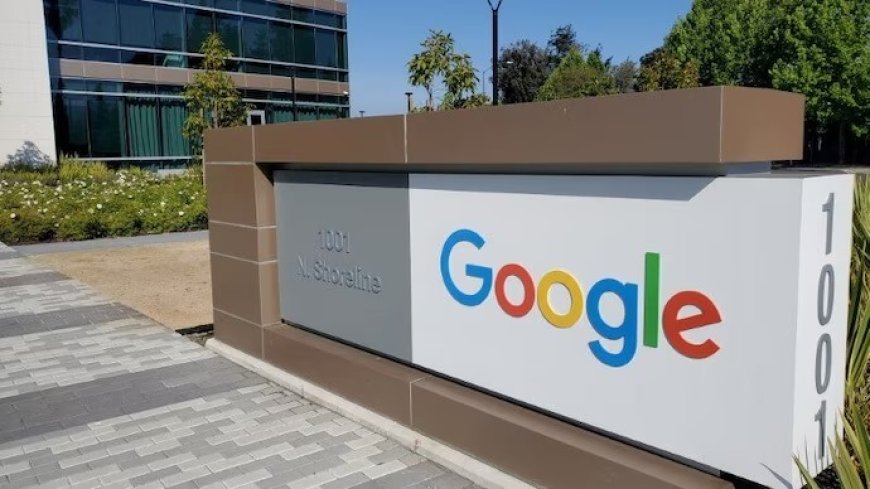Brussels, Belgium: Tech giant Google has declined to implement EU-mandated fact-checking features for search results and YouTube videos, asserting that such measures are neither "appropriate nor effective." This comes in response to the European Commission’s efforts to enforce its Digital Services Act (DSA), designed to curb misinformation and motivated propaganda online.
In a letter to Renate Nikolay, Deputy Director General of the EU’s content and technology wing, Kent Walker, Google’s Global Affairs Chief, defended the company's current content moderation practices, highlighting existing tools such as Synth ID watermarking and AI disclosure features. Walker emphasized Google’s commitment to "providing more context to search results" rather than altering its algorithms for mandatory fact-checking.
The move comes despite the EU Code of Practice on Disinformation, which requires online platforms to integrate fact-checking, rank verified content higher, and remove harmful misinformation. Introduced in 2018 and expanded in 2022, the law aims to combat the spread of misinformation that intensified during the COVID-19 pandemic.
Google's stance has reignited debates over balancing innovation with regulatory compliance. Walker pointed to global election events as proof of the platform’s effective content moderation, contrasting it with the EU’s demands.
The announcement aligns with recent criticism of EU data laws by Meta’s CEO Mark Zuckerberg, who called such regulations overly burdensome for tech firms. Meta has also scaled down its fact-checking and content moderation efforts across its platforms, including Facebook, Instagram, and Threads.
This ongoing resistance from Silicon Valley raises critical questions about the future of tech regulation in the EU. As discussions continue, the effectiveness of voluntary practices versus mandated fact-checking remains a hotly contested issue.




 Previous
Article
Previous
Article











